On the occasion of the dramatic situation in Afghanistan, the film network LaDOC together with the IFFF invited in December 2021 the documentary filmmakers Sahra Mani (A THOUSAND GIRLS LIKE ME), Rokhsareh Ghaem Maghami (SONITA) and Sahraa Karimi to the event AFGHANISTAN WOMEN’S VOICES.
We were very moved by the reports of our guests about the situation of women in Afghanistan. During the event, documentary filmmaker Sahra Mani and her colleagues urgently asked us for help.
In the last days we were already able to help five women quickly and easily through the LaDOC network. We have the possibility to help more women from Afghanistan very directly if we manage to raise more donations. Many of the women are activists and artists who have to hide. Besides the fear of being tracked down by the Taliban, they and their families are acutely threatened by hunger and cold.
Who wants to support us:
Since LaDOC itself is not a registered association, we are cooperating for this appeal with the association KIOSK Arts Exchange e.V. (More information about KIOSK see below.)
Bank account number:
KIOSK Arts Exchange e.V.
Volksbank Cologne Bonn eG
IBAN: DE30 3806 0186 4909 6430 29
Subject: Donation Afghanistan Women’s Voices
For security reasons, we cannot disclose the names and circumstances of the women. We ask for your understanding and trust. If you would like to donate and be kept up to date by us, please email us at: info@ladoc.de
Update 9.2.2022:
We were able to help 19 families in which only women have to provide their living.
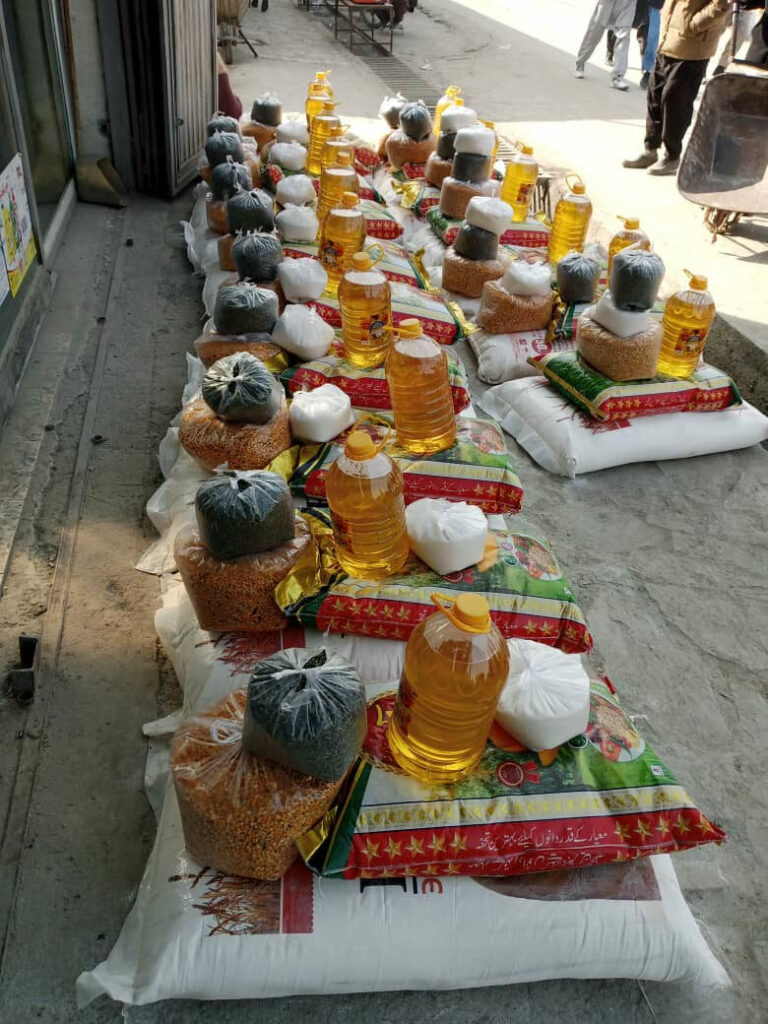
The situation in Afghanistan is desastrous. Basic needs are not available: Food and heating material. Especially women and children are suffering. We continuously transfer the money to as many different women as possible. They share it with others in a similar situation. We greatly respect the courage and the solidarity of these women.
The money arrives and helps directly where it is needed.
Thank you so much also on behalf of the women to whom we were able to establish a contact. We understand their situation much better now. Many lost their work and don’t receive a salary since months though they have to care for their children and elder relatives.
Besides hunger und coldness there is the thread through the Taliban which increased in the last weeks. Obviously they systematically search for women who fight for their rights and kidnap them. In february we received the following message from a colleague in her european exile:
Today the Taliban found another women at home and arrested her. There are six more young women who were arrested in the last two weeks. Nobody knows where they are. Some of them didn’t yet reach the age of 20. Maybe they raped and killed them? I don’t know what to do to save these women und free the arrested ones?! We can help them with food but how can we help them not being killed?
One of the women who are hidden wrote to us:
I wish to no woman of the world to experience what happens to us right now.
Our fundraising campain goes on: We want to help directly with a small amount as many women as possible in their desperate situation.
More Information in German:
https://ladoc.de/afghanistan-womens-voices/
https://ladoc.de/rueckblick-afghanistan-womens-voices/
https://ladoc.de/afghanistan-womens-voices-graphic-recording/
About KIOSK Arts Exchange e.V. – (The website is under construction.)
It all began with an art project in 2010, when artist Petra Johnson and translator Sabine Müller connected two kiosks and their customers with a webcam above the entrance door. One kiosk was located in Cologne-Ehrenfeld and the other in Shanghai. That was long before the pandemic brought people and continents digitally closer together.
Since 2019, KIOSK Arts Exchange e.V. has been continued by Elfriede Schmitt, Christiane Büchner, Mirjam Leuze and Ursula Schmidt-Laukamp and other people to further develop the concept.
We would like to continue the idea of bringing neighborhoods – in Kölsch Veedel – directly into exchange with each other instead of big cities. In doing so, we see the etymology of the word kiosk – which came into German usage from Persian via Turkish, Italian and French – as a leitmotif for our understanding of art and culture: border-crossing and fluid, with the lightness of a gesture, we want to bring interdisciplinary art and culture projects into public space. In the open air, as well as in living rooms. In gardens and in movie theaters. In cities and in the village. In Cologne, Karaganda and Kathmandu. In Germany and beyond. We want to inspire, create connections, initiate discourses and thus offer a space for artists and activists in the broadest sense to get in touch with other concrete places in the world out of their grown environment.
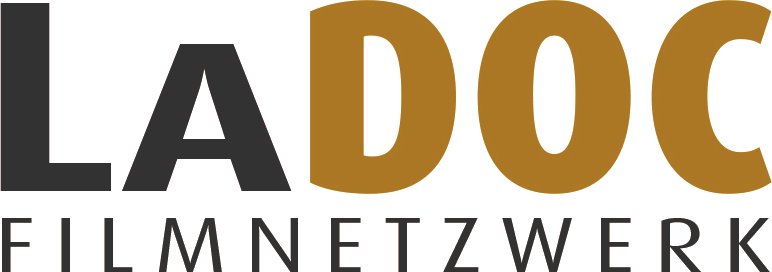
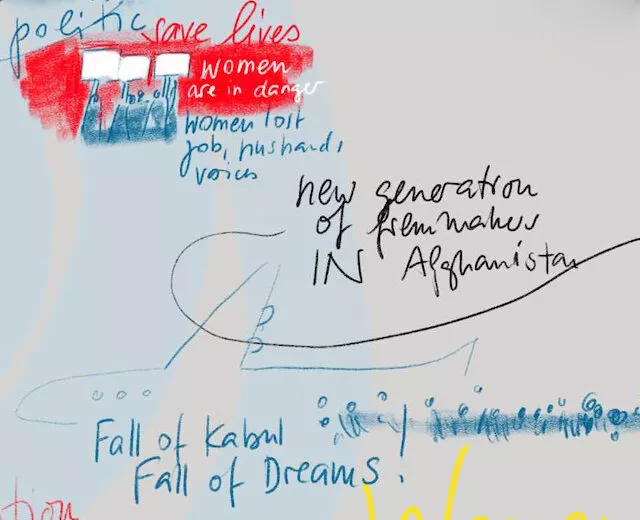
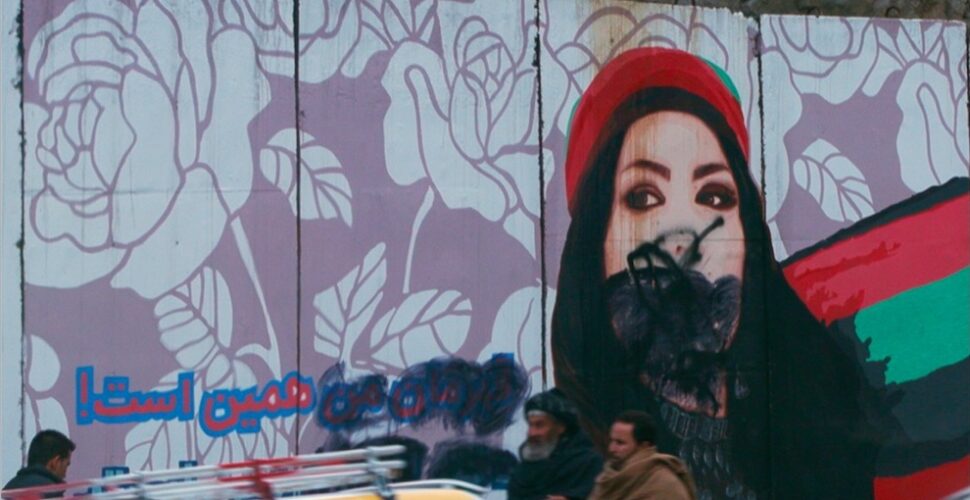
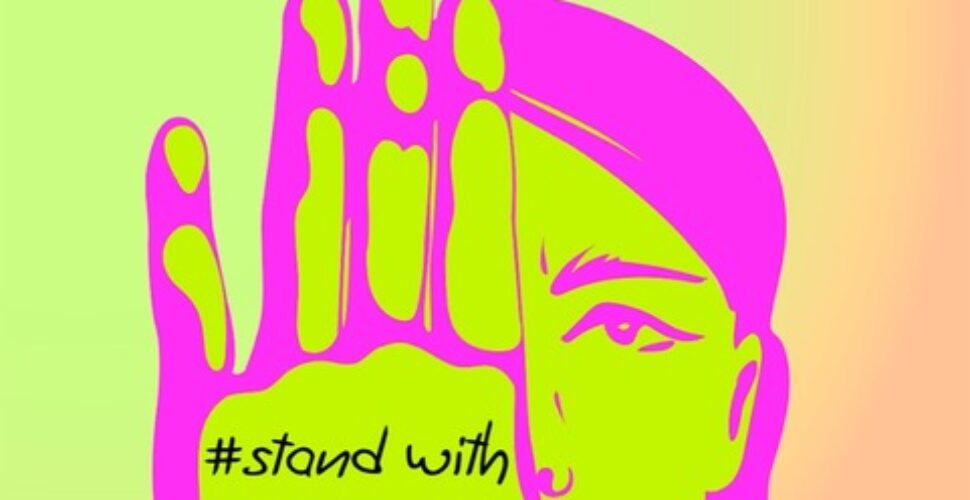
Kommentare